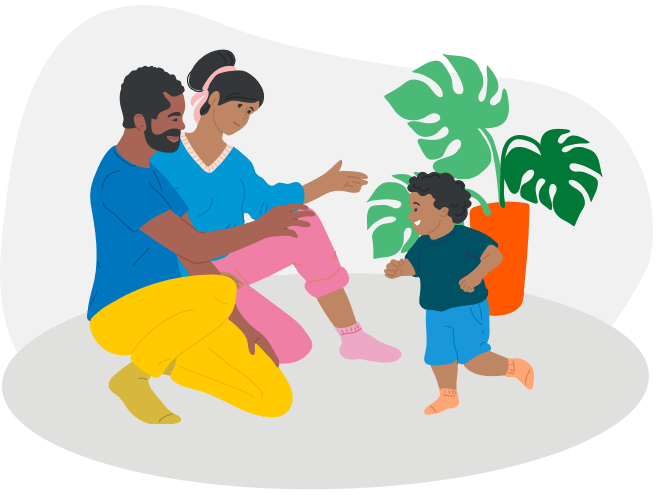- HIV in children is most commonly passed from a birthing parent to their child during pregnancy, birth, or breast feeding. Adolescents may acquire it through sexual transmission.
- HIV testing is recommended as soon as possible in infants born to a parent living with HIV, as early diagnosis is important.
- However, there is still a lot of work and research that needs to be done to make sure that we can provide a variety of effective treatment options for children and adolescents.











